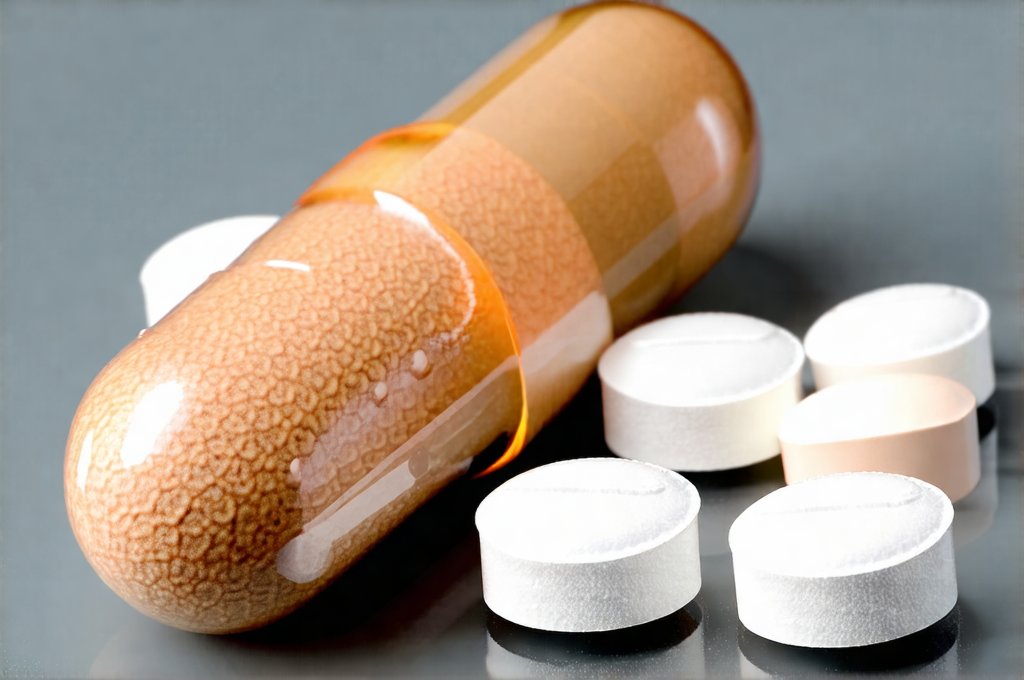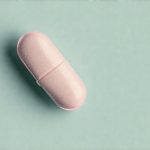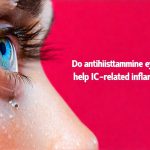Cystitis, commonly known as a urinary tract infection (UTI), is an incredibly uncomfortable condition affecting millions worldwide, predominantly women. Symptoms can range from a burning sensation during urination and frequent urges to go, even when little urine is present, to abdominal discomfort and, in severe cases, blood in the urine. Many individuals seek quick relief from these distressing symptoms, leading them to explore various remedies, including over-the-counter medications like antihistamines – drugs typically associated with allergies. The question of whether antihistamines can effectively alleviate cystitis symptoms isn’t straightforward, as it delves into the complex interplay between histamine, inflammation, and the body’s response to infection. Understanding this relationship requires a look beyond the typical uses of these medications and an exploration of emerging research.
The connection between cystitis and antihistamines stems from the recognition that inflammation plays a significant role in UTI symptoms. While traditionally thought of as bacterial infections requiring antibiotics, recent studies suggest that the body’s inflammatory response to infection often contributes substantially to the discomfort experienced by patients. Histamine, a chemical released by the immune system during an allergic reaction or inflammatory response, can exacerbate these symptoms – particularly the urgency and frequency associated with cystitis. This has led some individuals to explore antihistamines as a potential way to manage their symptoms, either alongside antibiotic treatment or even as a standalone remedy for milder cases. However, it’s crucial to understand that antihistamines are not a substitute for proper medical evaluation and treatment of UTIs; they may offer symptomatic relief but do not address the underlying infection itself.
Histamine’s Role in Cystitis & Potential Antihistamine Effects
Histamine is a key mediator of inflammation, triggering various physiological responses including vasodilation (widening of blood vessels) and increased permeability of capillaries. In the context of cystitis, histamine release can contribute to bladder wall irritation and heightened sensitivity, intensifying the urge to urinate and causing discomfort. Some research indicates that mast cells – immune cells responsible for releasing histamine – are present in greater numbers within the bladder walls of individuals experiencing interstitial cystitis (a chronic bladder condition with overlapping symptoms to UTIs), suggesting a significant role for histamine in bladder inflammation. This has prompted investigation into whether antihistamines, by blocking histamine receptors, could reduce these inflammatory effects and alleviate associated symptoms. Can You Have Cystitis Without Any Symptoms? explores the complexities of symptom presentation in this condition.
The type of antihistamine used also matters considerably. First-generation antihistamines like diphenhydramine (Benadryl) readily cross the blood-brain barrier, leading to drowsiness as a common side effect. While potentially helpful for nighttime symptom management, they are less targeted in their action and can cause more significant overall effects. Second-generation antihistamines like cetirizine (Zyrtec) or loratadine (Claritin) have been designed to minimize these central nervous system effects, making them generally preferred for daytime use. However, even second-generation antihistamines don’t directly address the bacterial infection causing cystitis; they primarily target the inflammatory component. It’s important to note that research on antihistamine effectiveness in cystitis is still evolving and results have been mixed, with some studies showing modest benefits while others demonstrate no significant improvement.
Antihistamines are not a cure for cystitis – they cannot eliminate bacteria – but could potentially lessen the severity of symptoms like urgency and frequency by reducing inflammation. However, relying solely on antihistamines without addressing the underlying infection can lead to complications and prolonged suffering. It is essential to consult with a healthcare professional for proper diagnosis and treatment.
Limitations & Considerations Regarding Antihistamine Use
Despite the potential benefits, several limitations and considerations surround the use of antihistamines for cystitis symptoms. Firstly, many studies investigating this connection are relatively small or have methodological flaws, making it difficult to draw definitive conclusions. Secondly, individual responses to antihistamines can vary significantly; what works for one person may not work for another. Furthermore, long-term use of antihistamines carries potential side effects, including dry mouth, blurred vision, constipation, and even cognitive impairment in some cases – particularly with first-generation drugs.
Another crucial point is the distinction between uncomplicated cystitis (a straightforward UTI) and more complex conditions like interstitial cystitis. Antihistamines may show some promise in managing symptoms of interstitial cystitis due to its chronic inflammatory nature, but their efficacy in treating acute bacterial infections causing most common UTIs remains questionable. The primary treatment for a typical UTI is antibiotics prescribed by a doctor. Using antihistamines instead of – or delaying – appropriate antibiotic therapy can allow the infection to worsen and potentially spread to the kidneys, leading to more serious health problems. Can Vaginal Infections Mimic Cystitis Symptoms? highlights the importance of accurate diagnosis before self-treating.
Finally, it’s important to remember that self-treating cystitis without professional medical advice can be dangerous. Symptoms resembling cystitis could actually indicate a different underlying condition requiring specific treatment. Therefore, seeking prompt diagnosis from a healthcare provider is paramount before considering any alternative remedies, including antihistamines.
Understanding the Different Types of Cystitis
Cystitis isn’t a single entity; it manifests in various forms, each with its own causes and treatment approaches. – Acute cystitis is the most common type, typically caused by bacterial infection (often E. coli) entering the urinary tract. Symptoms develop rapidly and are usually treated with antibiotics. – Recurrent cystitis refers to multiple UTIs within a year or over a longer period, requiring investigation into underlying risk factors and potentially preventative measures. – Interstitial cystitis/bladder pain syndrome is a chronic condition characterized by bladder pain and urinary symptoms without evidence of bacterial infection. Its cause is poorly understood, but inflammation and nerve dysfunction are believed to play roles.
The effectiveness of antihistamines varies greatly depending on the type of cystitis. In acute bacterial cystitis, they may offer some symptomatic relief alongside antibiotics, but are not a substitute for them. In interstitial cystitis, where inflammation is a key feature, antihistamines might be more beneficial as part of a broader treatment plan – though their efficacy remains debated and other therapies are often preferred. Understanding the specific type of cystitis you’re experiencing is therefore crucial when considering any form of self-treatment or alternative remedies.
When to Seek Medical Attention & Alternatives for Symptom Relief
Prompt medical attention is essential if you suspect you have a UTI, particularly if you experience: – Fever – Back pain or flank pain (suggesting kidney involvement) – Blood in the urine – Severe abdominal pain – Inability to urinate – Symptoms that worsen despite over-the-counter remedies. A healthcare professional can accurately diagnose your condition and prescribe appropriate treatment, usually antibiotics for bacterial infections.
Beyond antihistamines, several other strategies can help alleviate cystitis symptoms: – Increased fluid intake: Drinking plenty of water helps flush out bacteria from the urinary tract. – Cranberry products: While research is mixed, some studies suggest cranberry juice or supplements may prevent bacteria from adhering to the bladder wall. – Dmannose: A naturally occurring sugar that can also help prevent bacterial adhesion. – Pain relievers: Over-the-counter pain medications like ibuprofen or acetaminophen can help manage discomfort. – Avoiding irritants: Certain foods and beverages (caffeine, alcohol, spicy foods) may worsen symptoms in some individuals. Can Anxiety Cause Cystitis Symptoms? explores how stress and mental health can impact urinary health.
The Future of Cystitis Treatment & Research
Research into cystitis treatment is ongoing, exploring new approaches beyond traditional antibiotics. This includes investigating the role of probiotics to restore healthy gut flora and boost immune function, developing novel therapies targeting inflammation and nerve dysfunction in interstitial cystitis, and identifying more effective preventative measures for recurrent UTIs. The potential benefits of antihistamines in managing specific aspects of cystitis symptoms continue to be investigated, but it’s crucial to approach them as a supplementary tool rather than a primary treatment. As our understanding of the complex interplay between infection, inflammation, and histamine evolves, we can expect more targeted and effective therapies for this common and debilitating condition.





















